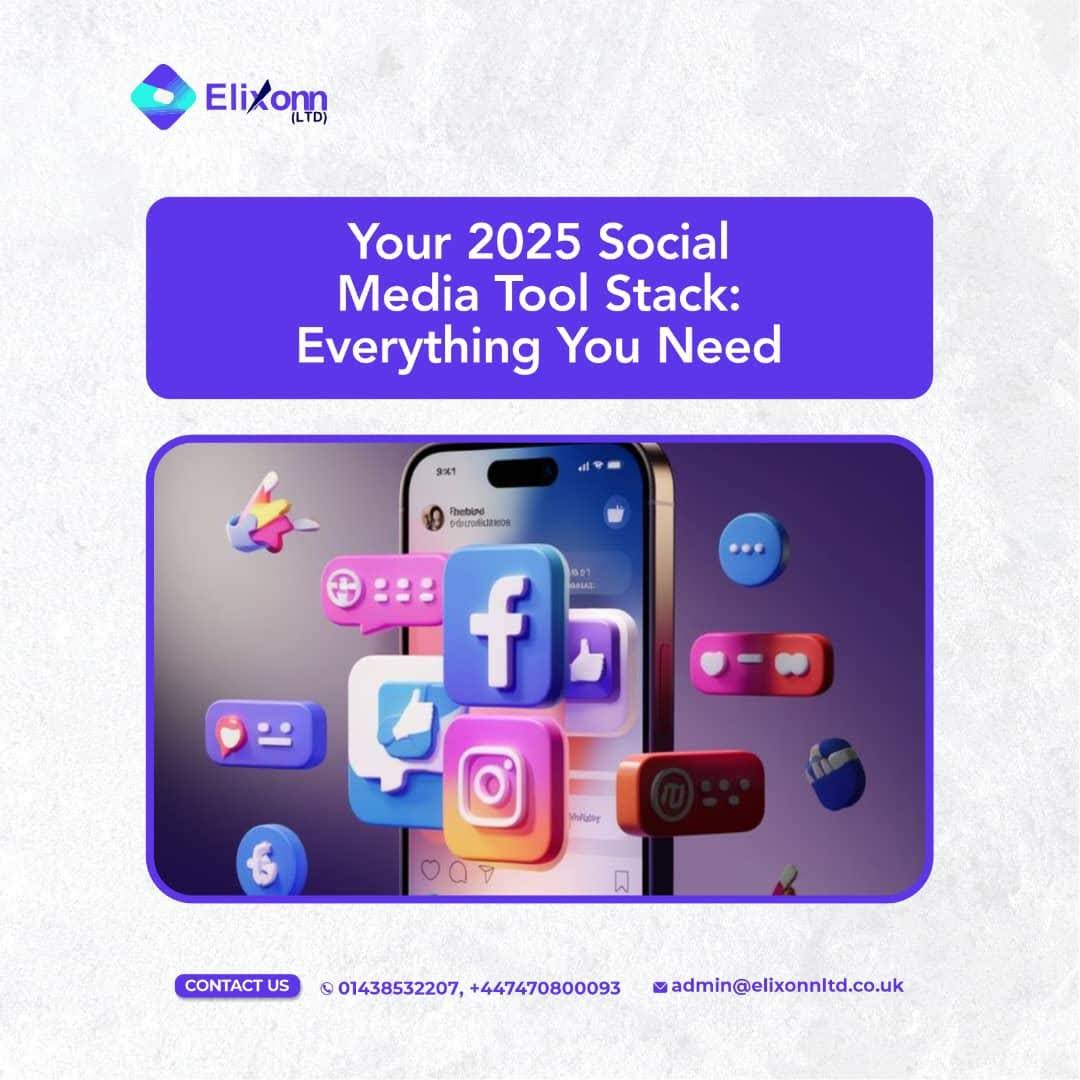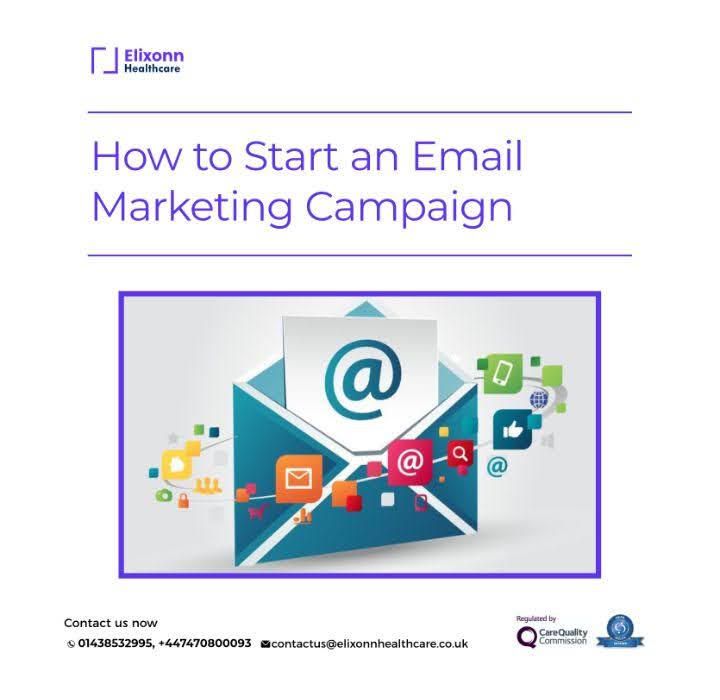The digital marketing landscape is a dynamic ecosystem in perpetual flux. What worked yesterday might be obsolete tomorrow. As technology continues to evolve at breakneck speed, so too will the strategies and tactics employed by marketers to reach and engage their target audiences. Here’s a glimpse into what the future of digital marketing might hold:
1. The Reign of Artificial Intelligence (AI)
AI is poised to become the cornerstone of future marketing endeavors. From automating repetitive tasks and generating personalized content to analyzing customer data and predicting behaviour, AI will revolutionize how businesses connect with consumers. Marketers will leverage AI-powered tools to deliver hyper-personalized experiences across all touchpoints, tailoring messaging and content to individual preferences and needs. Imagine chatbots that seamlessly answer customer queries, recommendation engines that anticipate desires before they arise, and dynamic ad campaigns that adapt in real time based on user behaviour.
2. The Rise of Voice Search and Conversational Marketing
The way users interact with the internet is undergoing a significant shift. Voice search, through smart speakers and virtual assistants, is becoming increasingly popular. Marketers will need to adapt their strategies to this voice-driven future. Optimizing content for voice search by using natural language and long-tail keywords will be crucial. Additionally, conversational marketing, utilizing chatbots and messaging platforms for two-way communication, will become more prominent. Building interactive experiences like voice-enabled quizzes or chatbots that answer product questions will be essential for engaging consumers in a conversational manner.
3. The Power of Augmented Reality (AR) and Virtual Reality (VR)
AR and VR are no longer confined to the realm of science fiction. These immersive technologies have the potential to revolutionize the way consumers experience brands and products. Imagine trying on clothes virtually in a home setting or taking a 360-degree tour of a potential vacation destination before booking. AR and VR experiences will allow brands to create deeper connections with consumers, fostering engagement and brand loyalty.
4. The Continued Importance of User Privacy
Consumer privacy concerns are at an all-time high. With regulations like GDPR and CCPA coming into effect, marketers will need to prioritize data privacy and build trust with their audience. Focusing on first-party data collection through permission-based marketing will be key. Additionally, transparency regarding data usage and offering consumers control over their information will be essential for building trust and fostering long-term relationships.
5. The Evolving Social Media Landscape
Social media platforms are constantly evolving, with new features and functionalities emerging all the time. Marketers will need to stay agile and adapt their strategies to these changing dynamics. The focus will shift from simply broadcasting messages to fostering authentic conversations and building communities around brands. Ephemeral content, like stories on Instagram, and interactive features like live video will become even more prominent. Micro-influencers, with their niche followings and high engagement rates, will continue to play a significant role in social media marketing.
6. The Integration of Offline and Online Strategies (Omnichannel Marketing)
Gone are the days of siloed marketing campaigns. In the future, successful marketing will require a seamless integration of online and offline strategies. Marketers will need to create a unified customer experience across all touchpoints, from physical stores and in-person events to social media and email marketing campaigns. This omnichannel approach will ensure brand consistency and provide a cohesive customer journey.
7. The Rise of Ethical Marketing
Consumers are increasingly concerned about the social and environmental impact of the brands they support. Ethical marketing, built on transparency, sustainability, and social responsibility, will become a key differentiator. Businesses will need to demonstrate their commitment to ethical practices, from sourcing materials responsibly to supporting social causes that resonate with their target audience.
8. The Focus on Measurable Results
Marketing budgets are under constant scrutiny. In the future, marketers will need to demonstrate a clear return on investment (ROI) for their efforts. Data analytics will play a crucial role in measuring the effectiveness of campaigns and optimizing strategies. Marketers will leverage advanced analytics tools to track campaign performance, gain insights into customer behavior, and make data-driven decisions.
Conclusion
The future of digital marketing is brimming with exciting possibilities. By embracing new technologies, prioritizing user privacy, and focusing on delivering value and building trust, businesses can thrive in this ever-evolving landscape. The key lies in staying agile, adapting to change, and creating meaningful customer experiences that resonate deeply with target audiences.







